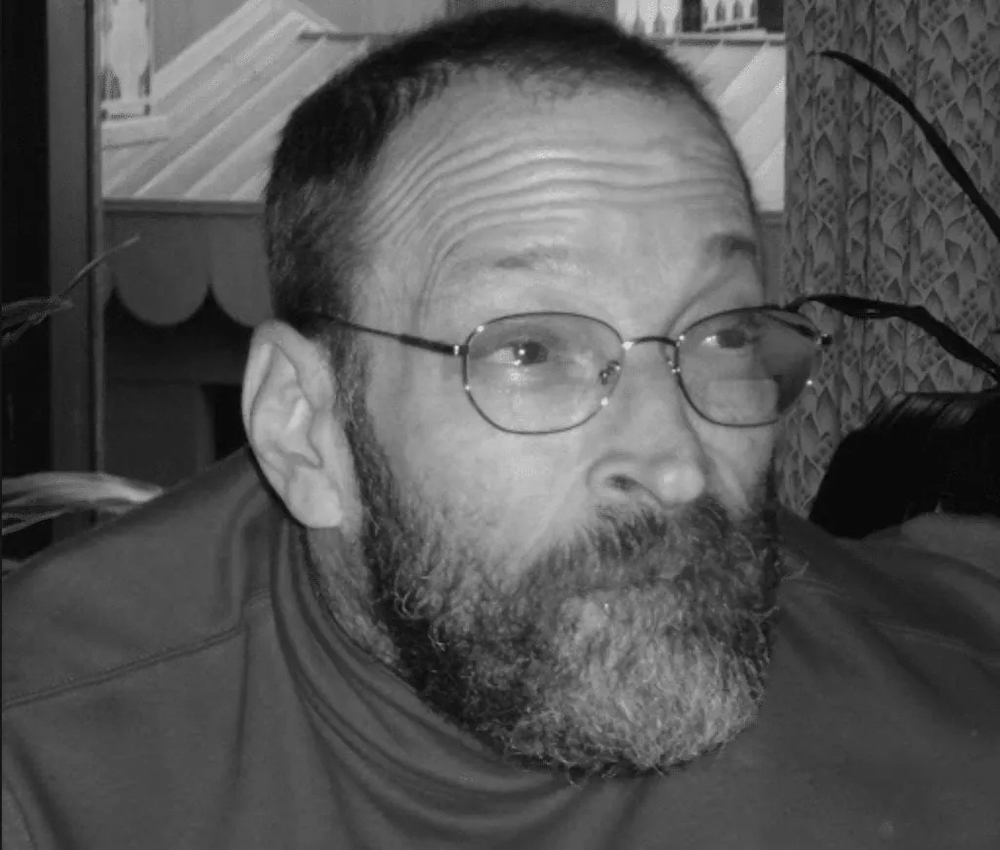 Neil Jacobson may not have known, but he was my teacher.
Neil Jacobson may not have known, but he was my teacher.
Neil Jacobson was one of the earliest pioneers in Jewish disability inclusion and belonging. His grassroots advocacy and action in his own congregation became a call to action for other synagogues and Jewish organizations in the Reform movement and beyond. Neil’s influence and his teachings were infused with a love of Torah and the need to belong.
All of us at RespectAbility offer our condolences to the family and friends of this giant in the disability rights advocacy movement. Many remember Neil as one of the people featured in the film “Crip Camp.” I remember Neil from years ago when we volunteered for the nascent disability inclusion initiative of the Union for Reform Judaism (URJ).
Neil and I were members of a Union for Reform Judaism (URJ) disability inclusion task force established in the mid-2000s by Rabbi Richie Address. Neil was leading the Access Task Force at his congregation, Temple Sinai in Oakland, CA. I was a member of a Reform congregation and was also leading a Jewish community-wide inclusion program. [continue reading…]


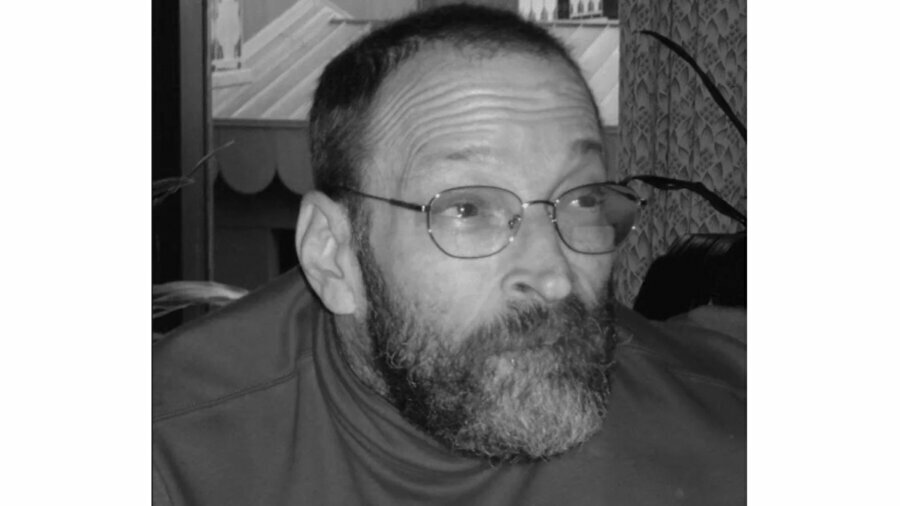
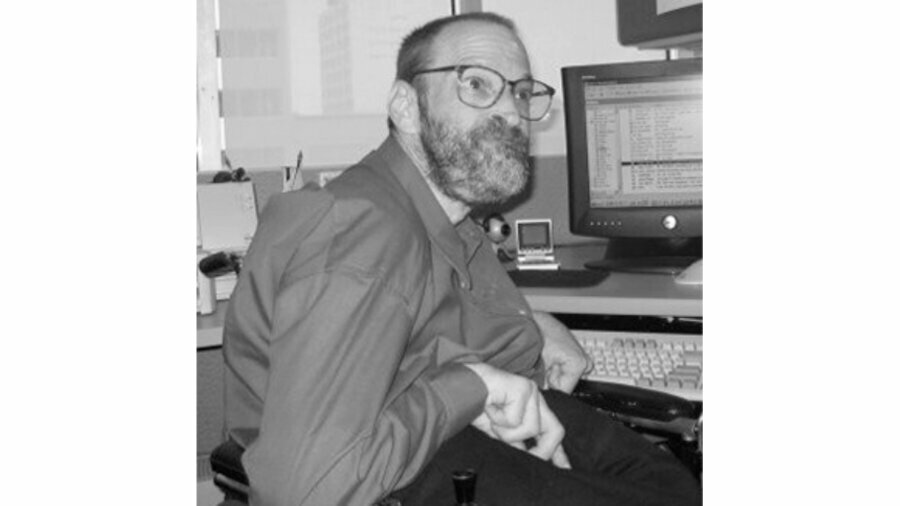
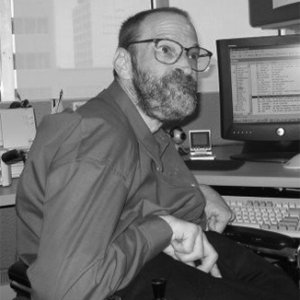 I interviewed Neil and Denise Jacobson, following a Jewish community screening of the film, “Crip Camp.” They were featured in the film along with Neil’s childhood friend, Judy Heumann, of blessed memory.
I interviewed Neil and Denise Jacobson, following a Jewish community screening of the film, “Crip Camp.” They were featured in the film along with Neil’s childhood friend, Judy Heumann, of blessed memory.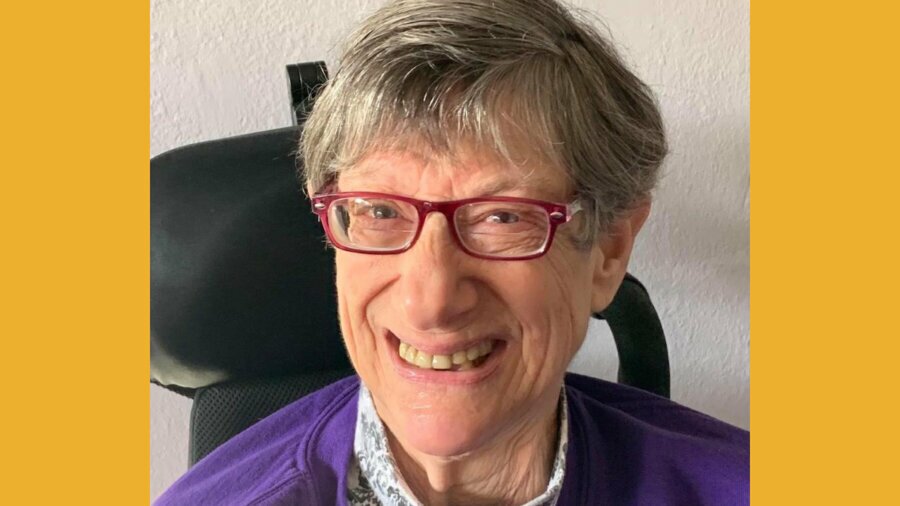
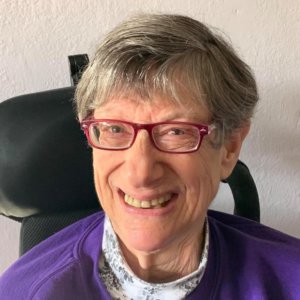
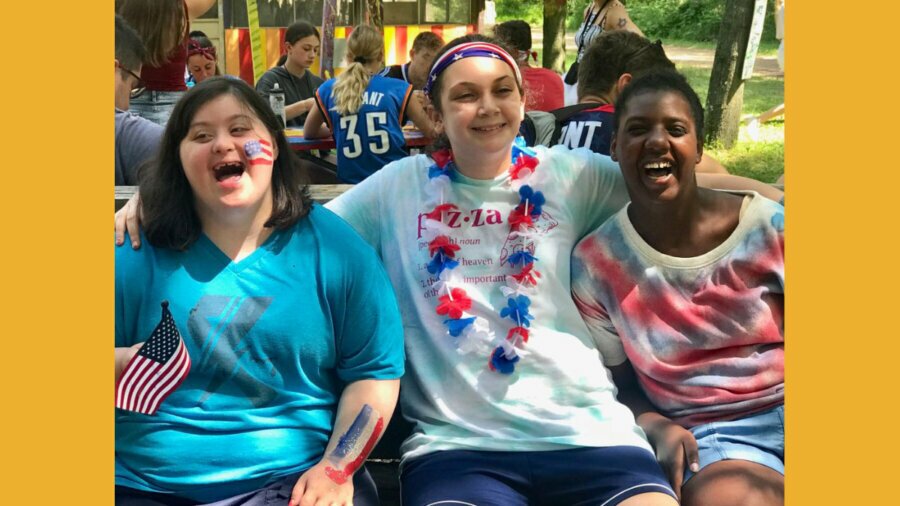
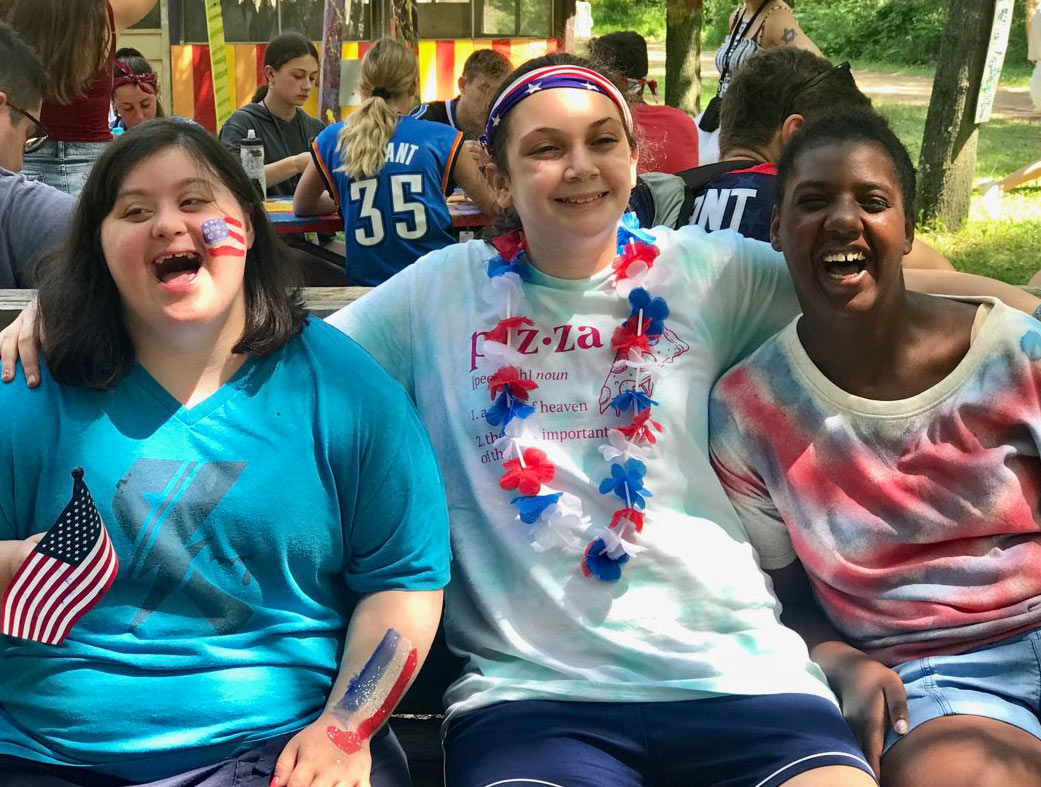
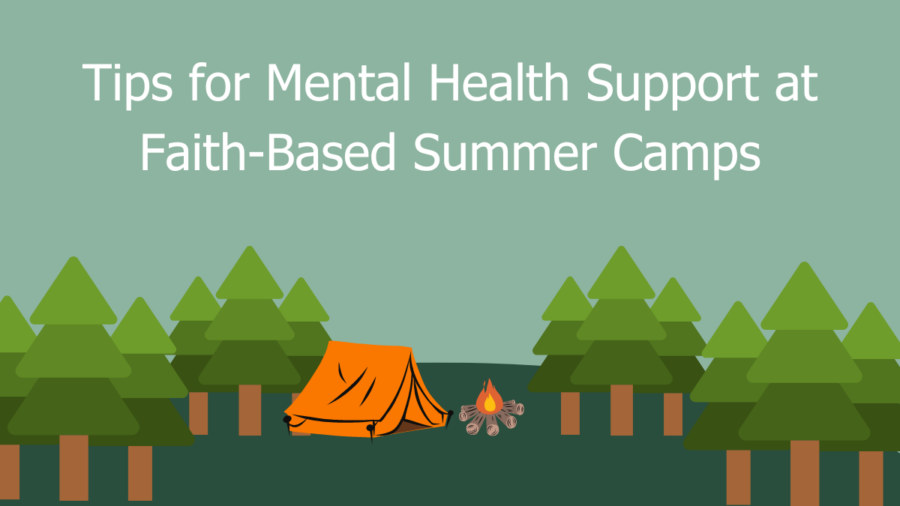
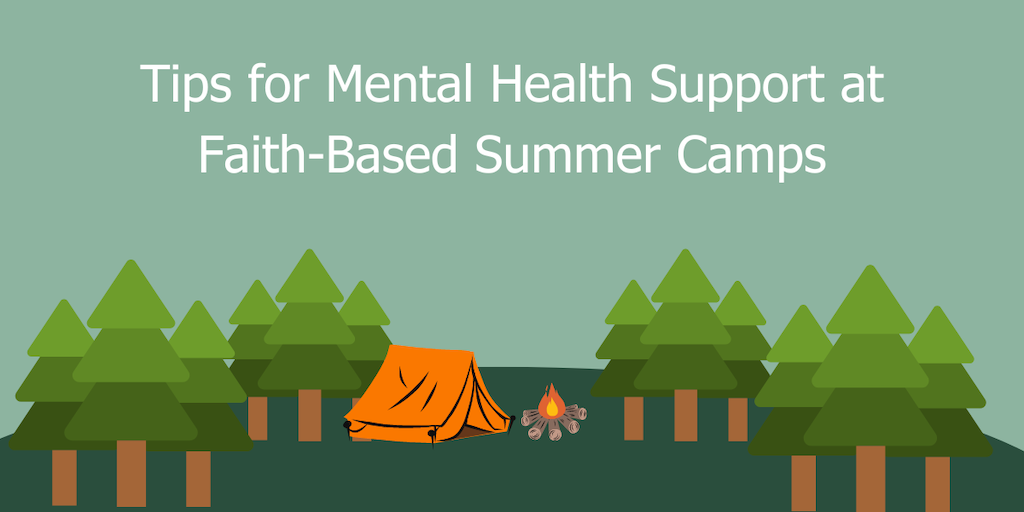 For both campers and staff, it is important to create an environment that supports everyone’s needs. Each person coming into the camp community should feel safe physically and emotionally. Here are some suggestions and resources for increasing the well-being of campers and staff:
For both campers and staff, it is important to create an environment that supports everyone’s needs. Each person coming into the camp community should feel safe physically and emotionally. Here are some suggestions and resources for increasing the well-being of campers and staff: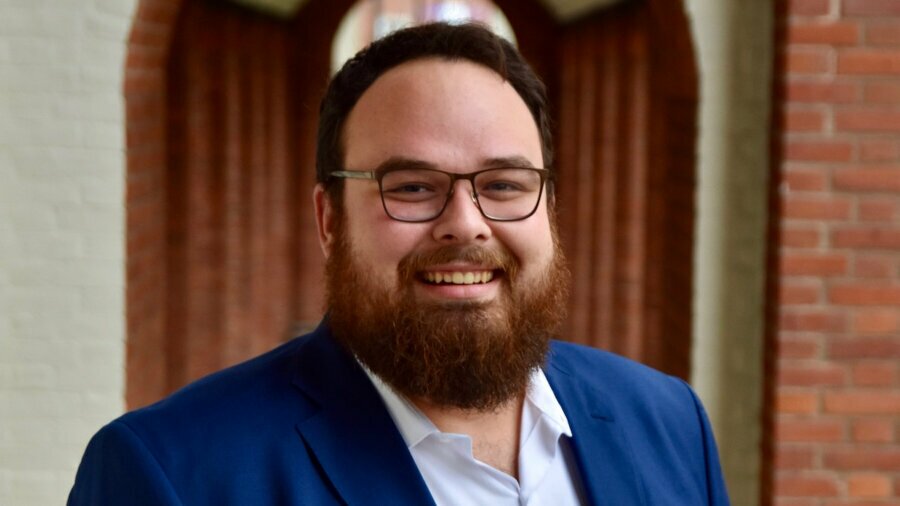
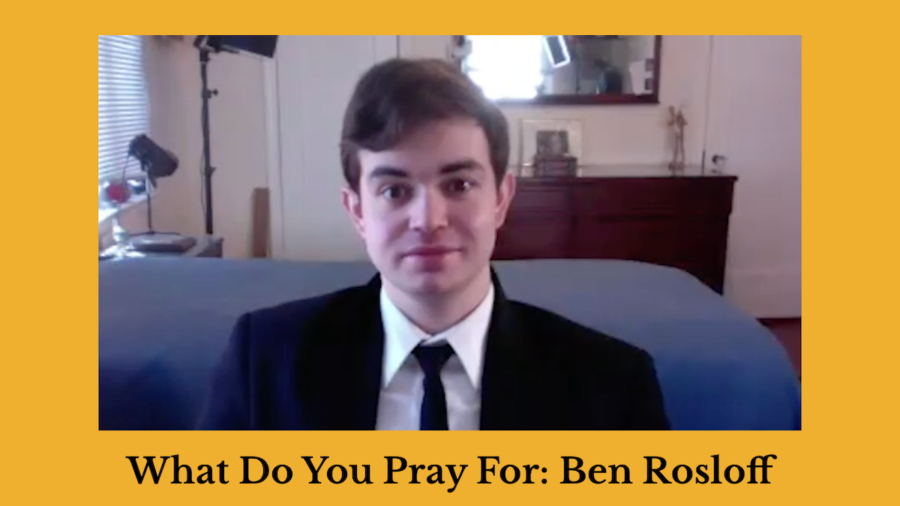
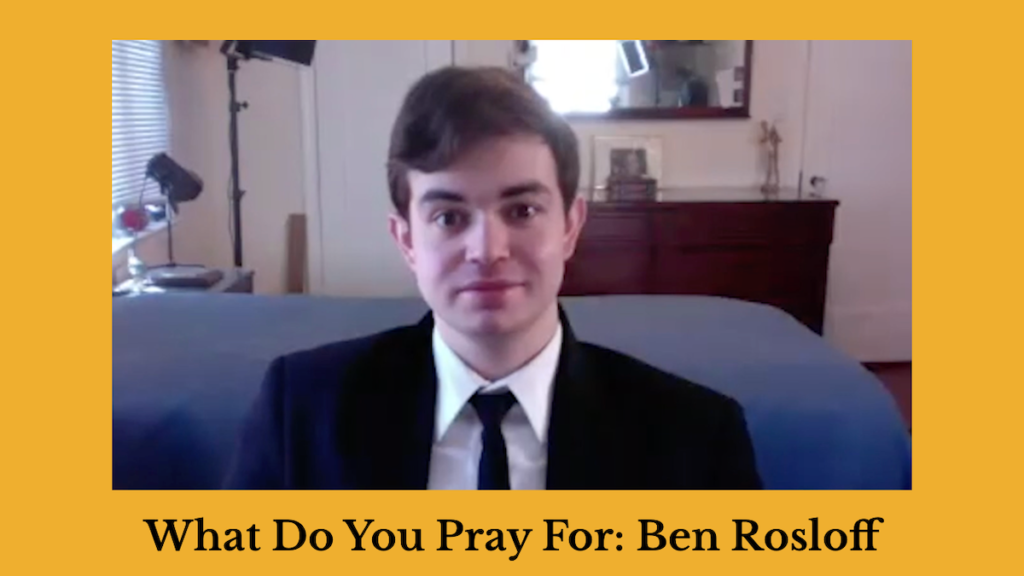
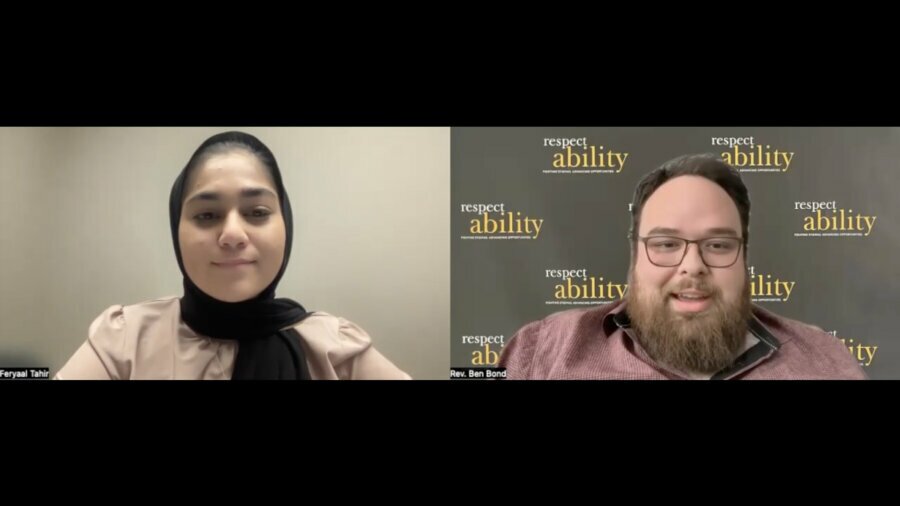
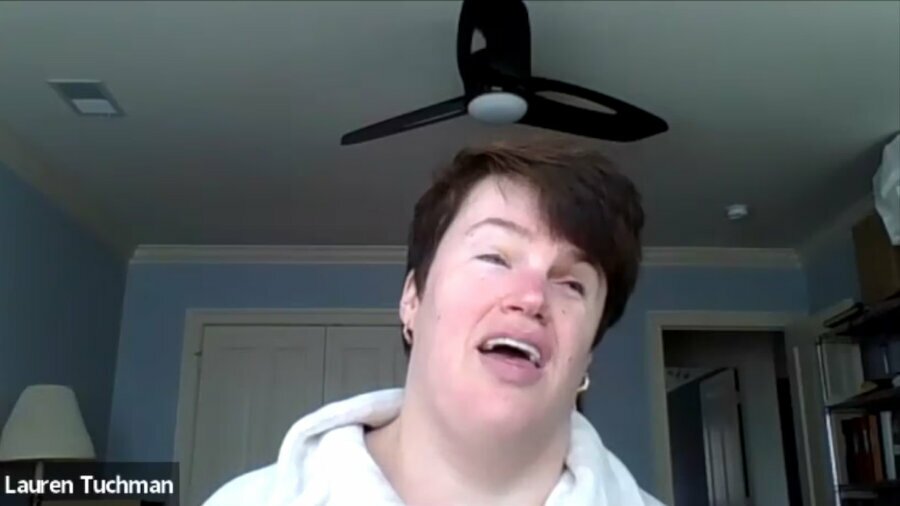
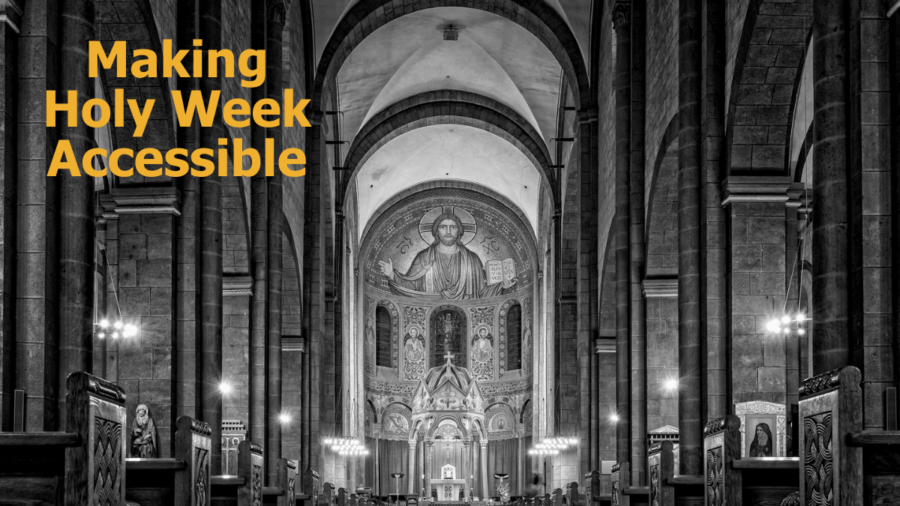
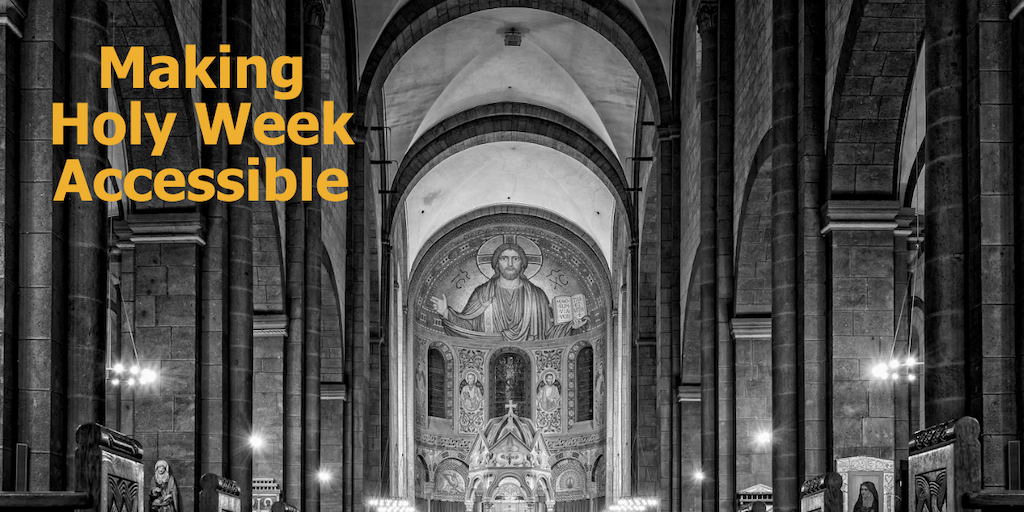 In the Christian tradition, Holy Week is the last week of Lent. The significant days within Holy Week often include but are not limited to: Palm Sunday, when Jesus enters Jerusalem; Maundy Thursday, where Jesus has his last supper with the Disciples; Good Friday, which commemorates the death of Jesus; and Easter, which celebrates the resurrection of Christ.
In the Christian tradition, Holy Week is the last week of Lent. The significant days within Holy Week often include but are not limited to: Palm Sunday, when Jesus enters Jerusalem; Maundy Thursday, where Jesus has his last supper with the Disciples; Good Friday, which commemorates the death of Jesus; and Easter, which celebrates the resurrection of Christ.


